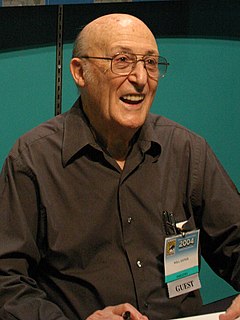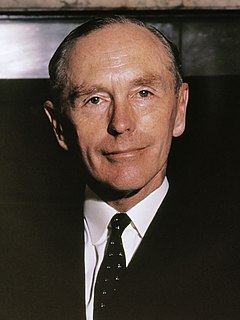A Quote by Henry Adams
Philosophy: Unintelligible answers to insoluble problems.
Quote Topics
Related Quotes
After Gibbs, one the most distinguished [American scientists] was Langley, of the Smithsonian. ... He had the physicist's heinous fault of professing to know nothing between flashes of intense perception. ... Rigidly denying himself the amusement of philosophy, which consists chiefly in suggesting unintelligible answers to insoluble problems, and liked to wander past them in a courteous temper, even bowing to them distantly as though recognizing their existence, while doubting their respectibility.
I would say to anybody who thinks that all the problems in philosophy can be translated into empirically verifiable answers - whether it be a Lawrence Krauss thinking that physics is rendering philosophy obsolete or a Sam Harris thinking that neuroscience is rendering moral philosophy obsolete - that it takes an awful lot of philosophy - philosophy of science in the first case, moral philosophy in the second - even to demonstrate the relevance of these empirical sciences.
The greatest and most important problems of life are all in a certain sense insoluble. They can never be solved, but only outgrown. This 'outgrowing', as I formerly called it, on further experience was seen to consist in a new level of consciousness. Some higher or wider interest arose on the person's horizon, and through this widening of view, the insoluble problem lost its urgency. It was not solved logically in its own terms, but faded out when confronted with a new and stronger life-tendency.




































